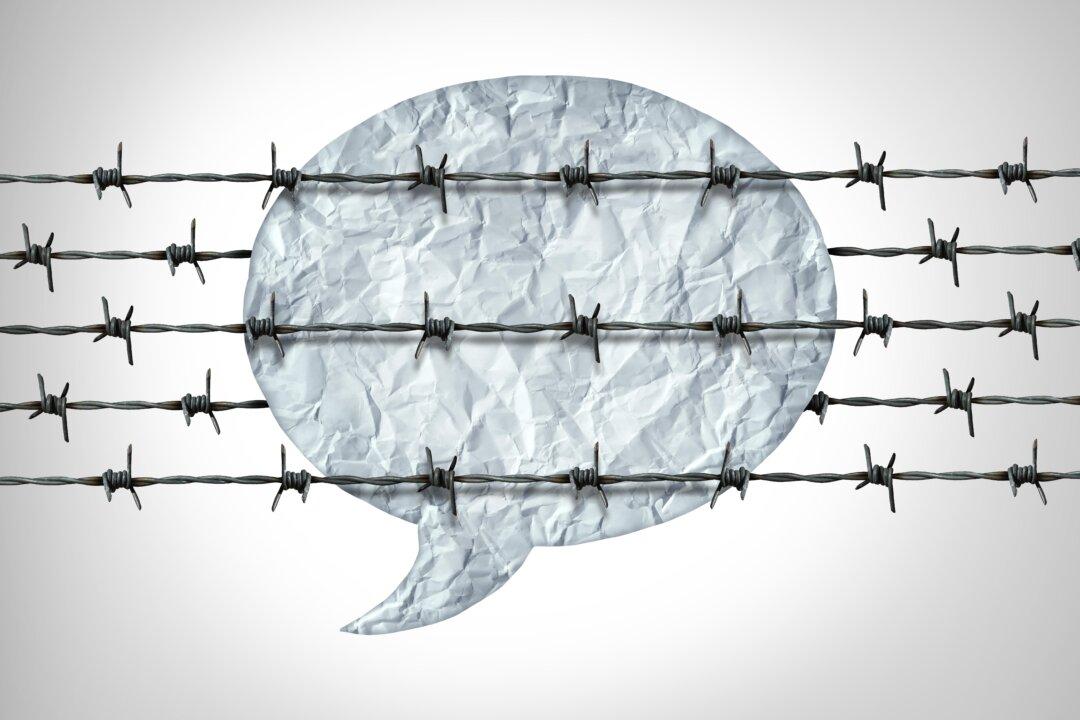Commentary
A censorship consortium working with the Department of Homeland Security targeted The Epoch Times and other independent media during the 2020 election cycle.

A censorship consortium working with the Department of Homeland Security targeted The Epoch Times and other independent media during the 2020 election cycle.